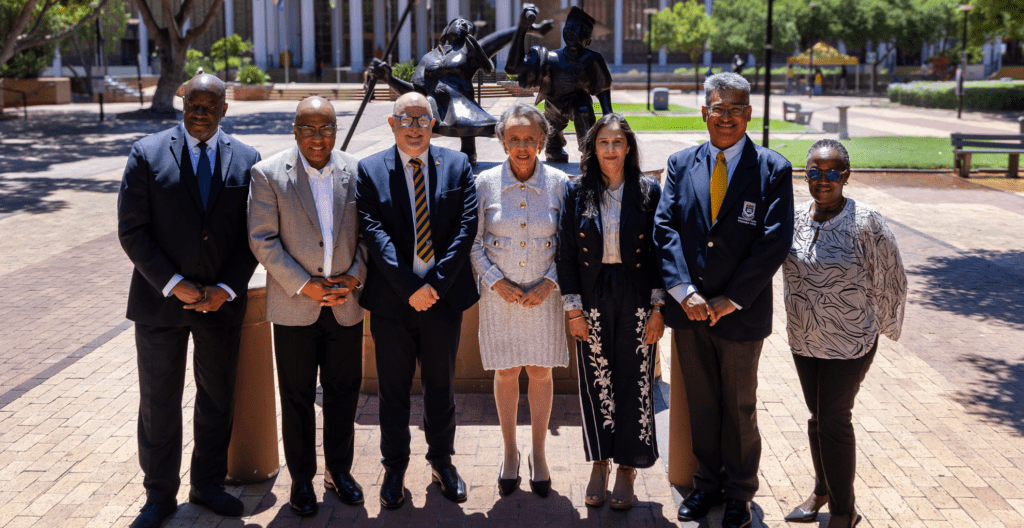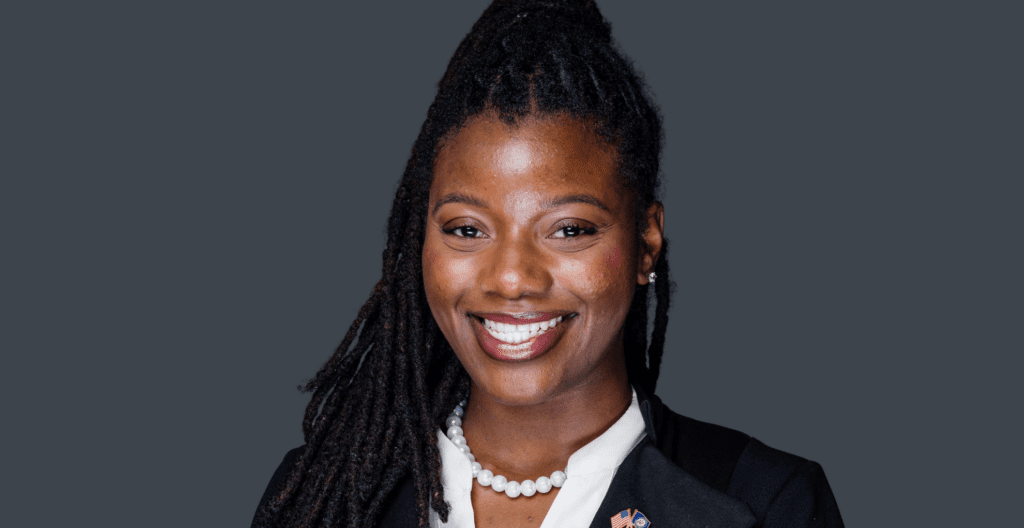Historically Black colleges and universities (HBCUs) are commonly credited as the primary training grounds for African-American talent in higher education. You cannot matriculate at public HBCUs without feeling the presence of great leaders who gave wings to the aspirations of young scientists, political leaders, and civil rights advocates who changed the suffocating policies and practices of exclusion.
Today, public HBCUs continue to produce talent for the 21st century with a disproportionate number being young women. As recently reported in Women@Forbes, “Women currently earn the majority of bachelor’s degrees, master’s degrees and doctoral degrees.” The same is true for Black women.
In exploring issues of gender equity for Black women, it appears that the role of HBCUs and their impact across higher education and the business sector are too frequently overlooked. In an industry dominated by White males, Black women have shattered stereotypes and excelled in key campus leadership positions across the academic enterprise. Among the nation’s 101 HBCUs, 22 Black women are serving as either interim or permanent presidents of these institutions.
However, there are still areas where opportunities for Black women are scarce. Only one Black woman made Forbes magazine’s recent list of the 50 Most Powerful Women in Business. There are no Black women running a Fortune 500 company, and less than 2 percent occupy middle-management positions, the pathway to the C-Suite executive level.
When it comes to the sports enterprise, there is only one African-American woman serving as a league commissioner in the entirety of the NCAA, Jacqie McWilliams of the Central Intercollegiate Athletic Association.
Fortunately, HBCUs are well positioned through history and contemporary construct to elevate Black women and to give them the tools to find their voice. Young women are driving a new narrative around gender equity, working to eliminate harmful elements of patriarchy and sexism from our classrooms, research labs and centers, residence halls and trustee boards. Advocacy for equity along the lines of gender and sexual orientation continue to resonate throughout HBCUs, forcing administrators, faculty and students to consider ways in which they can promote a more progressive culture and a safer, more vibrant environment for women.
HBCUs are producing a new generation of young women who view the attainment of knowledge as a liberating force, as a foundation for democracy and as an essential imperative for defining the role of women as citizens of the world. Black women are graduating in record numbers and entering careers traditionally dominated by their male peers. Change is clearly in the wind.
Dr. N. Joyce Payne founded the Thurgood Marshall College Fund in 1987 and serves as the senior international affairs and STEM advisor to the fund’s president and CEO.



